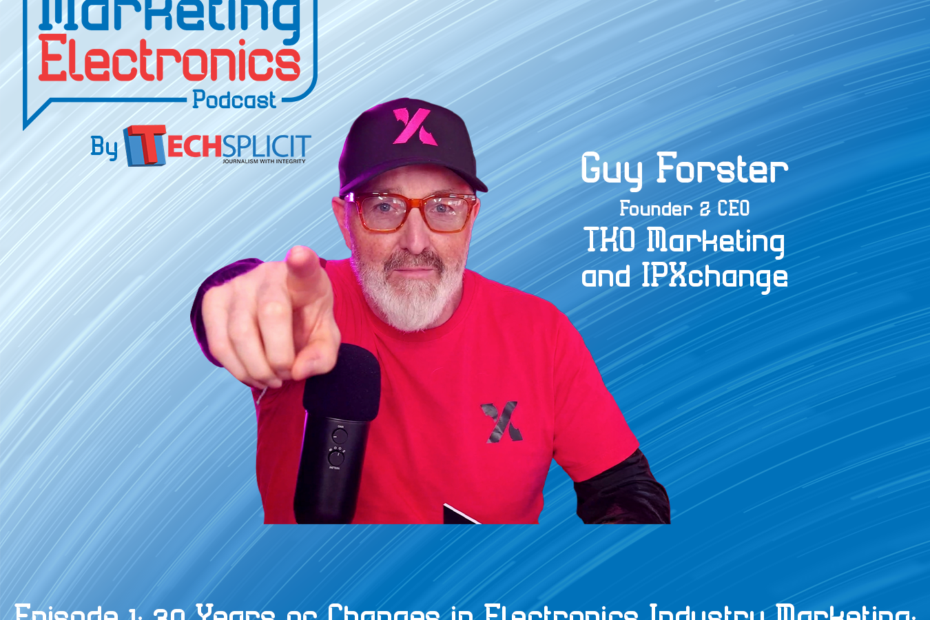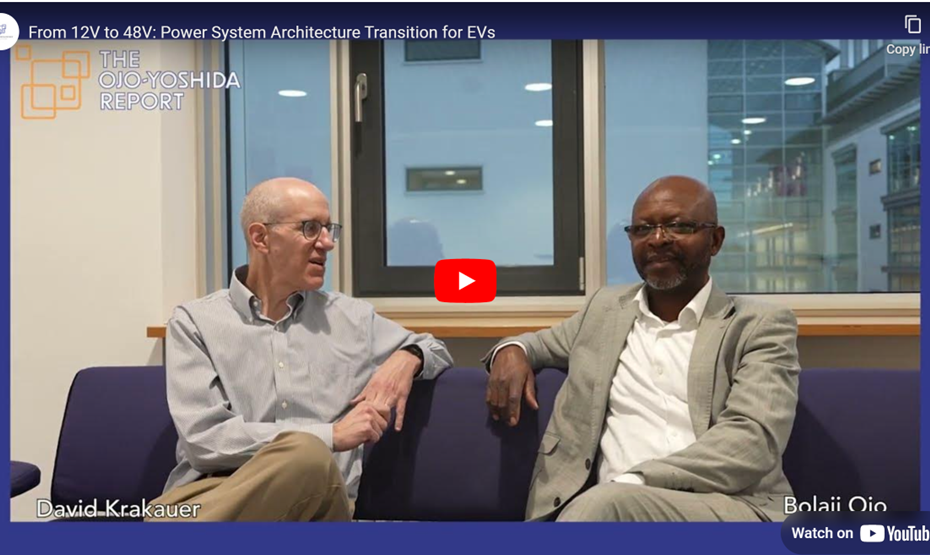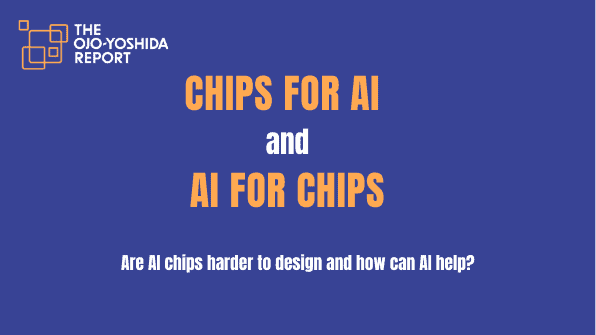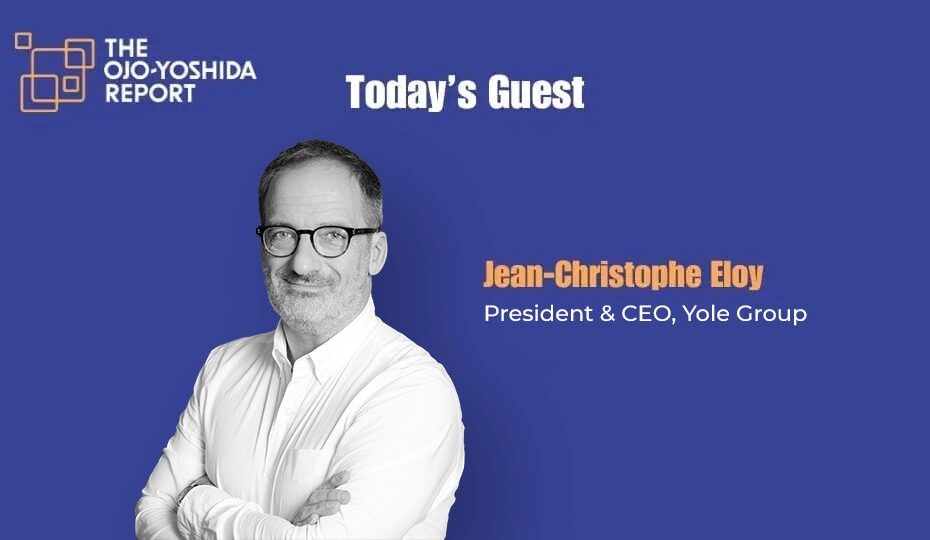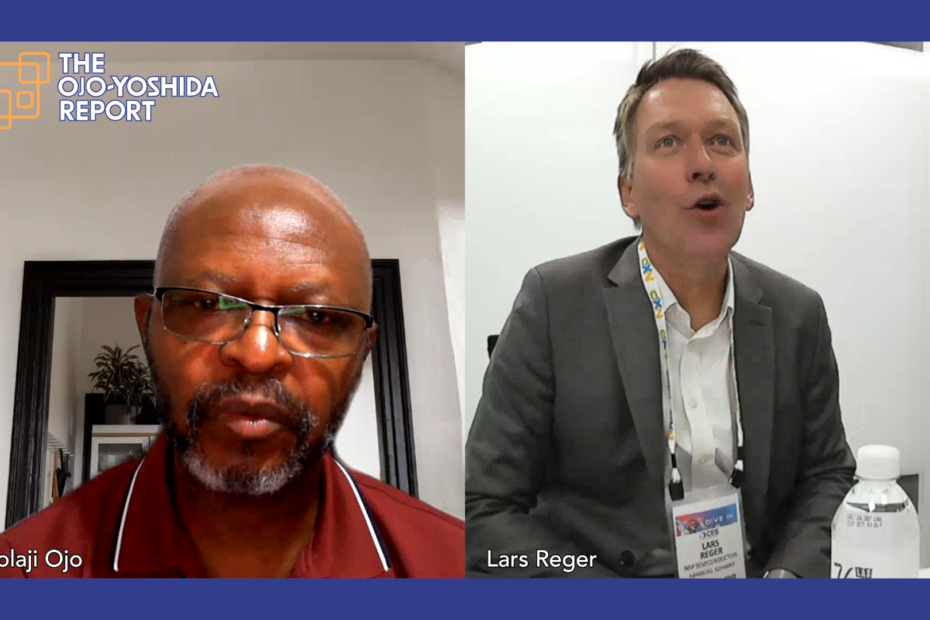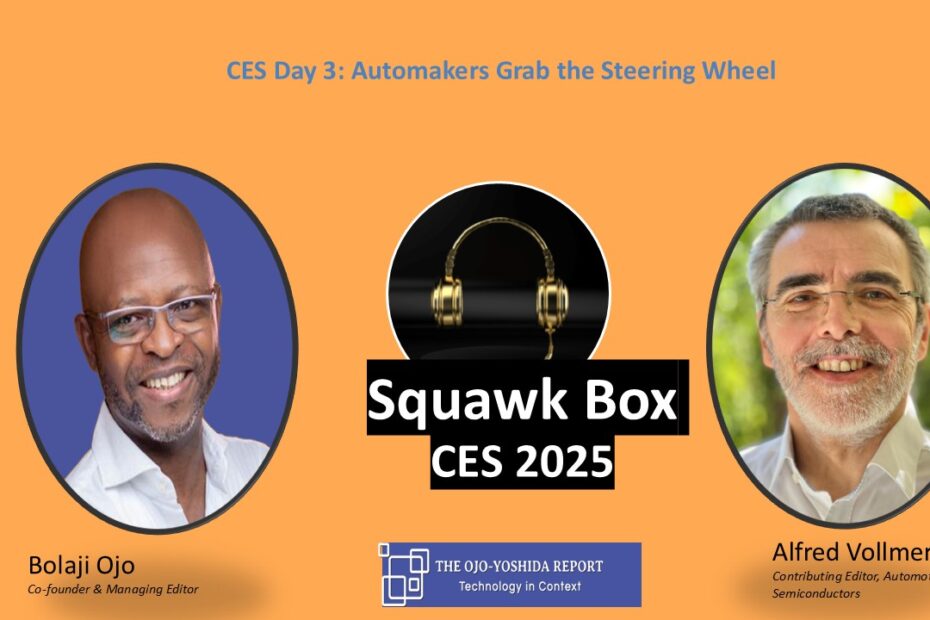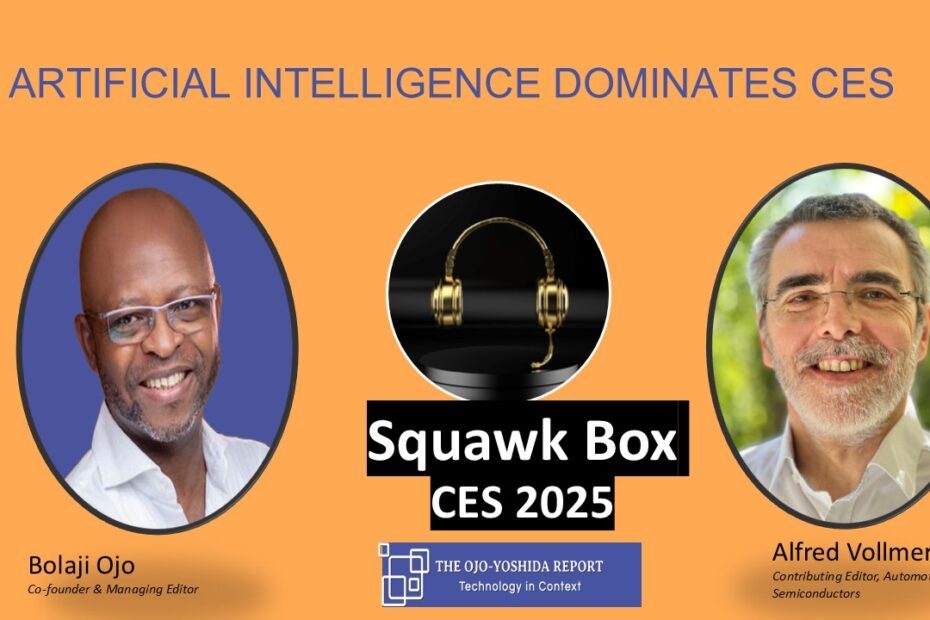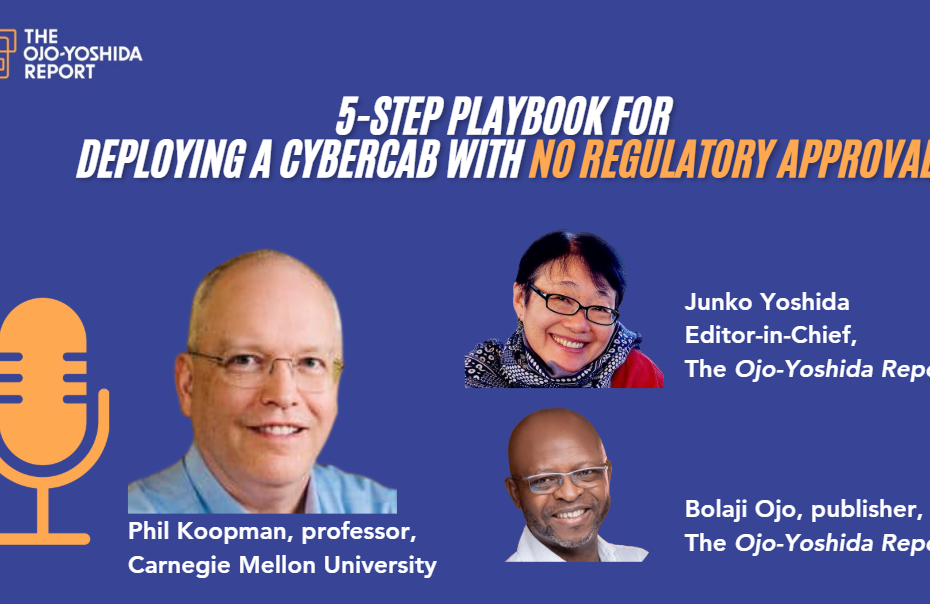By Bolaji Ojo
What’s at stake:
Vicor has been in the power electronics market long enough to know when a new and potentially large market opportunity has emerged. This year, the company is going all out with plans to explore opportunities in the auto industry as it finally embarks on the planned rollout of its 48V power systems for electric vehicles. It’s a new area for the company, but it is leveraging 48V technology and expertise it has in-house and which it has offered in other hard and tough environments where reliability and durability are standard requirements. We talk with CMO David Krakauer about Vicor’s roots in power, its 48V offerings for EVs and how it plans to win over auto OEMs and tier-ones.
Vicor Corp. first made the announcement of its entrance into the automotive power market late last year, rolling out already certified 48V EV products and recognizing with the move a distinct change occurring in the electrification of electric vehicles.
The three products, which Vicor said it planned to roll out in 2025 to “support automotive OEM and tier one production” mark the company’s attempt to match some of its existing products and technologies with the growing demand for a different level of electrification systems for EVs.
In a press release, Patrick Walden, head of the company’s automotive business, noted that the new BCM6135, DCM3735 and PRM3735 which Vicor announced in October had already completed “the production part approval process with automotive customers.” What remains was for Vicor – starting in 2025 – to show it can be as critical a supply chain player in the power automotive industry as it is in aerospace, computing, defense, and industrial equipment.
It is now 2025 and Vicor is on a roll as promised. We caught up with David Krakauer, head of marketing and channel strategy, at Electronica in Munich late last year as the company was getting its 48V power systems ready for market. Krakauer promised the plan was all set for 2025. He also provided some insight into Vicor’s history and explained how the company was leveraging its strength in other markets as it powered into the automotive segment. Click the video link below to watch the interview.
Read More »Vicor Puts Pedal to Metal for 48V EV Power Systems 
